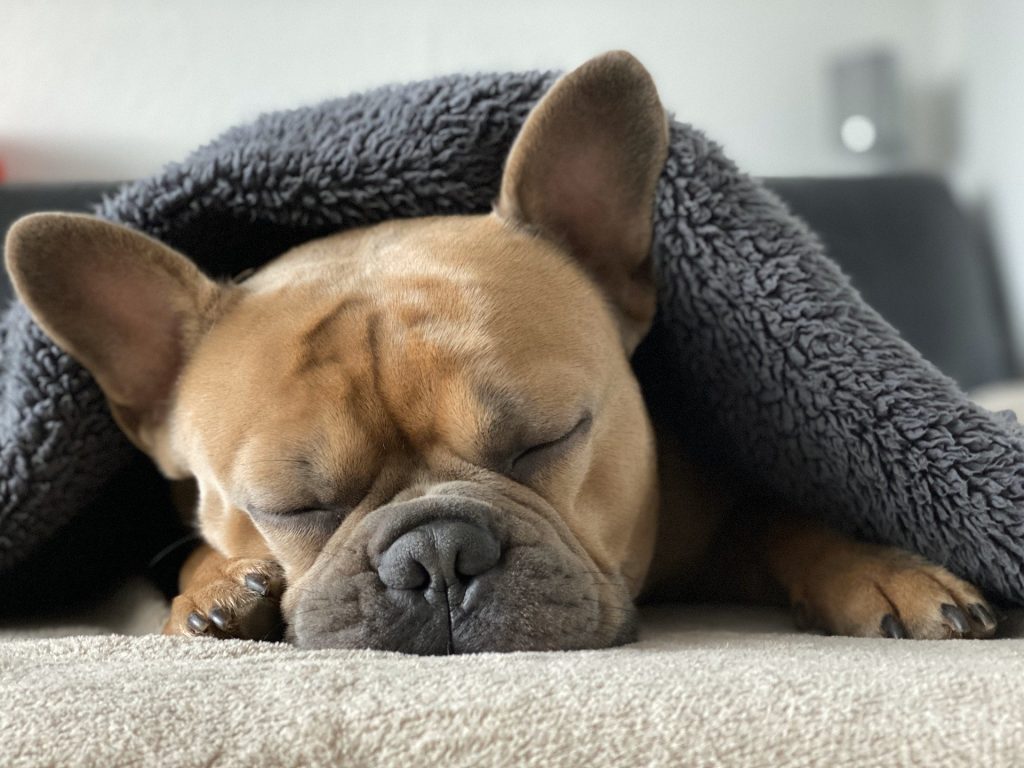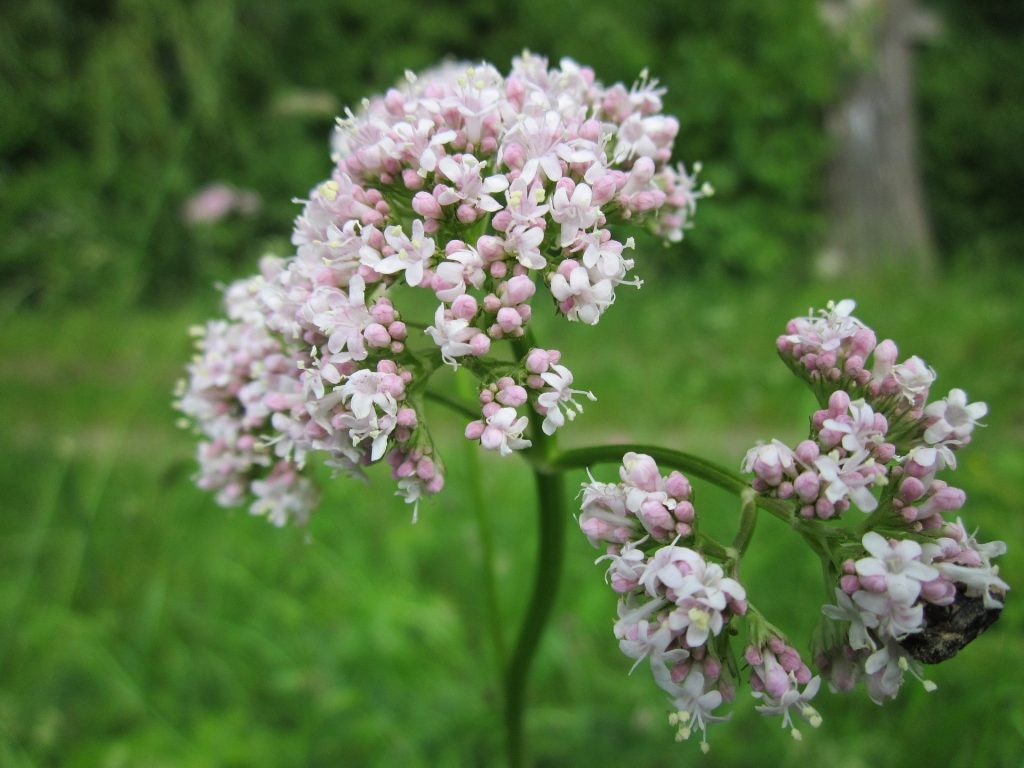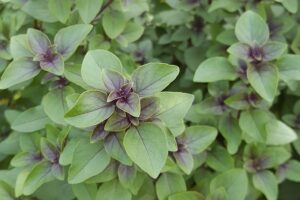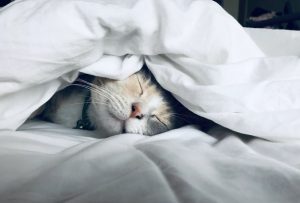Why Can’t I Sleep? Potential, Natural Treatments for Insomnia

Insomnia is a common problem. Around one-third of individuals report at least one symptom of insomnia and between 9-15% of people report problems from being tired the next day (Ohayon 2002). While medications are widely prescribed, they come with significant concerns. Medications used for insomnia are correlated with an increased risk of death and the risks aren’t trivial. Daily use of a medication for insomnia was shown to increase your risk of death from all causes by almost three times (Sivertsen 2015).
With so many individuals struggling to find restful sleep, it’s worth seeing if there are safer alternatives to standard medications. For individuals struggling with insomnia, it’s also worth trying to answer the question, ”Why can’t I sleep?”
Insomnia and Mental Health
There’s a large overlap of insomnia with mental health issues, and the nature of the relationship isn’t completely clear. In some cases insomnia may cause depression or anxiety. In other cases, depression and anxiety may cause insomnia (Mai 2008). Around 40% of cases of insomnia have what’s called a comorbid or coexisting mental health issue, like depression or anxiety (McCall 2001). Insomnia also has correlations with physical health problems, including heart disease, high blood pressure, urinary problems, chronic pain and gastrointestinal problems (Taylor 2007).
For anyone struggling with insomnia, it’s worth seeing if there is an underlying mental health condition that needs treatment. Appropriate treatment of mental health conditions, in some cases, may resolve or improve the problems with sleep.
Hyperarousal
Insomnia appears to stem from “hyperarousal”. When a person becomes stressed it can trigger the brain into an overactive state. There’s evidence that insomniacs have a higher metabolic rate and their brains are more active both while awake and asleep (Nofzinger 2004). Measures of the stress hormone cortisol and ACTH (the hormone that triggers cortisol) both suggest an elevated stress response in individuals struggling with insomnia (Roth 2007).
Sleep Apnea
Some individuals may think they have insomnia, but in reality they have sleep apnea. Sleep apnea is a common condition where you stop breathing for short periods of time while you sleep at night. Symptoms include:
- Significant snoring
- Waking up at night gasping or choking
- Feeling unrested in the morning
- Low energy during the day
- Waking up with a dry mouth and/or sore throat
If you have some of these symptoms, talk with your doctor about getting a sleep study, since sleep apnea can cause serious health problems.
Sleep Hygiene
Sleep hygiene is a term for healthy bedtime habits that promote sleep. Many people have poor sleep hygiene and don’t realize it. While the research underpinning sleep hygiene is not robust, general recommendations can still provide significant benefits (Irish 2015):
Don’t:
- Eat a large meal before bed
- Drink caffeinated products late in the day
- Drink alcohol, smoke or do other drugs before bed
- Nap during the day
Do:
- Engage in a relaxing activity before bed (not television, computer or cellphone-based)
- Exercise on a regular basis
- Go to bed and get up at the same time each day
Herbal Medicine for Insomnia
Herbs have a long history of use for treating sleep disorders and insomnia, although the current research on their efficacy is preliminary. Many herbs have documented effects on reducing anxiety and it’s reasonable to assume in some individuals, these effects could help induce sleep.
Valerian

The most studied herb for sleep is valerian. Research indicates valerian has effects on the GABA neurotransmitter system in the brain which slows down brain activity (Savage 2018). Studies on valerian for sleep have come up somewhat mixed, in some cases possibly due to using different types of herbal preparations. One of the studies showing no effects used raw, non-concentrated valerian, which has minimal potency (Barton 2011).
A study in menopausal women showed statistically significant effects with a valerian extract before bed (Taavoni 2011). In a separate trial, valerian extract was compared to the sleep medication oxazepam and was as effective as the medication (Ziegler 2002).
Safety of valerian is generally considered quite good (LactMed 2018), although very rare cases of liver toxicity have been reported that recovered after discontinuation (LiverTox 2020). With the widespread use of valerian, and only a handful of cases, stronger evidence is needed to fully link valerian to liver injury. Out of an abundant sense of caution, I won’t use valerian in patients with outright liver disease, although I’m very comfortable prescribing it for anxiety and sleep.
Lavender
Lavender is well known for its relaxing scent. Research has explored using lavender both as an oral supplement and as a scenting agent for its sleep promoting properties. Both forms of lavender appear to work for improving sleep, at least in menopausal and elderly women (Roozbeh 2019). If you like the smell of lavender, using the pure essential oil is a simple approach that doesn’t involve swallowing capsules.
As an herbal product, lavender appears quite safe (Donelli 2019). In animal studies, reasonable quantities of the essential oil were determined to be non-toxic both orally and topically (Mekonnen 2019).
Nutraceuticals for Insomnia: Melatonin
I’ve written extensively on melatonin previously, outlining numerous health benefits from cancer to irritable bowel syndrome. Among all the benefits seen with melatonin, it can work as a sleep aid as well. While the quality of the research on melatonin is low, a review did find statistically significant benefits of melatonin for falling asleep and total amount of sleep (Low 2020). From my own clinical experience, about half of individuals with insomnia can get to sleep with a reasonable dose of melatonin.
L-Tryptophan
L-tryptophan is an amino acid precursor to serotonin in the brain. While people commonly attribute the fatigue after thanksgiving to the tryptophan found in turkey, in my opinion, it’s more likely due to just overeating. Tryptophan levels aren’t that high in turkey.
With tryptophan, studies in humans do show a sedative effect that appears to improve sleep. One study used tryptophan in younger patients recently detoxed from illicit drugs. Reductions in insomnia were significant with tryptophan (Wang 2016). An earlier study found some benefits for severe insomnia as well (Demisch 1987). And another small study found L-tryptophan appeared to help chronic insomnia, but took a few nights to start yielding significant benefits (Spinweber 1986).
Banning of Tryptophan
Back in the 1980s, there was an increase in eosinophilia-myalgia syndrome (EMS), a condition that causes muscle pain and nerve damage that can lead to death. The increase in EMS was attributed to contaminated tryptophan from a supplier in Japan. In response, the FDA banned tryptophan from the market, but later allowed it’s sale again in 2005. At this point, L-tryptophan has a good track record since its reintroduction and appears safe (Friedman 2018).
Tryptophan and Antidepressants
If you are on antidepressant medication, tryptophan can increase risks for serotonin syndrome, a potentially life-threatening side effect of too much serotonin. To avoid risks I don’t recommend the combination of tryptophan with antidepressants.
Conclusion
Insomnia is a common condition that can become chronic and debilitating, potentially leading to additional health problems. Standard medications come with significant side effects, including an increased risk of death. While more research is needed, a number of over-the-counter supplements have evidence for benefits in insomnia with reasonable safety profiles that may help you to get a restful night’s sleep.



